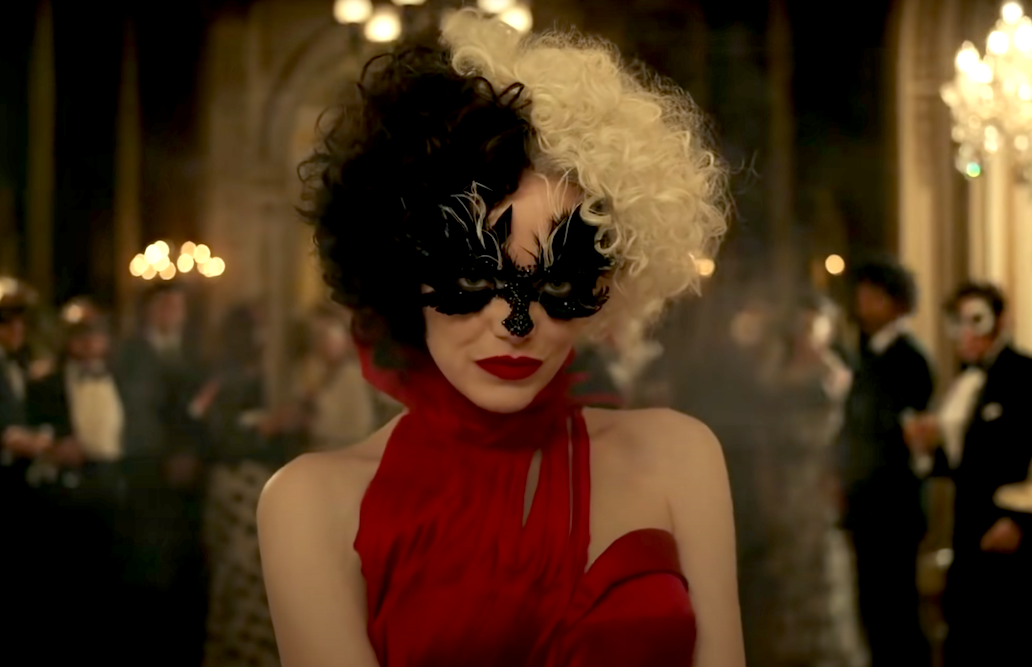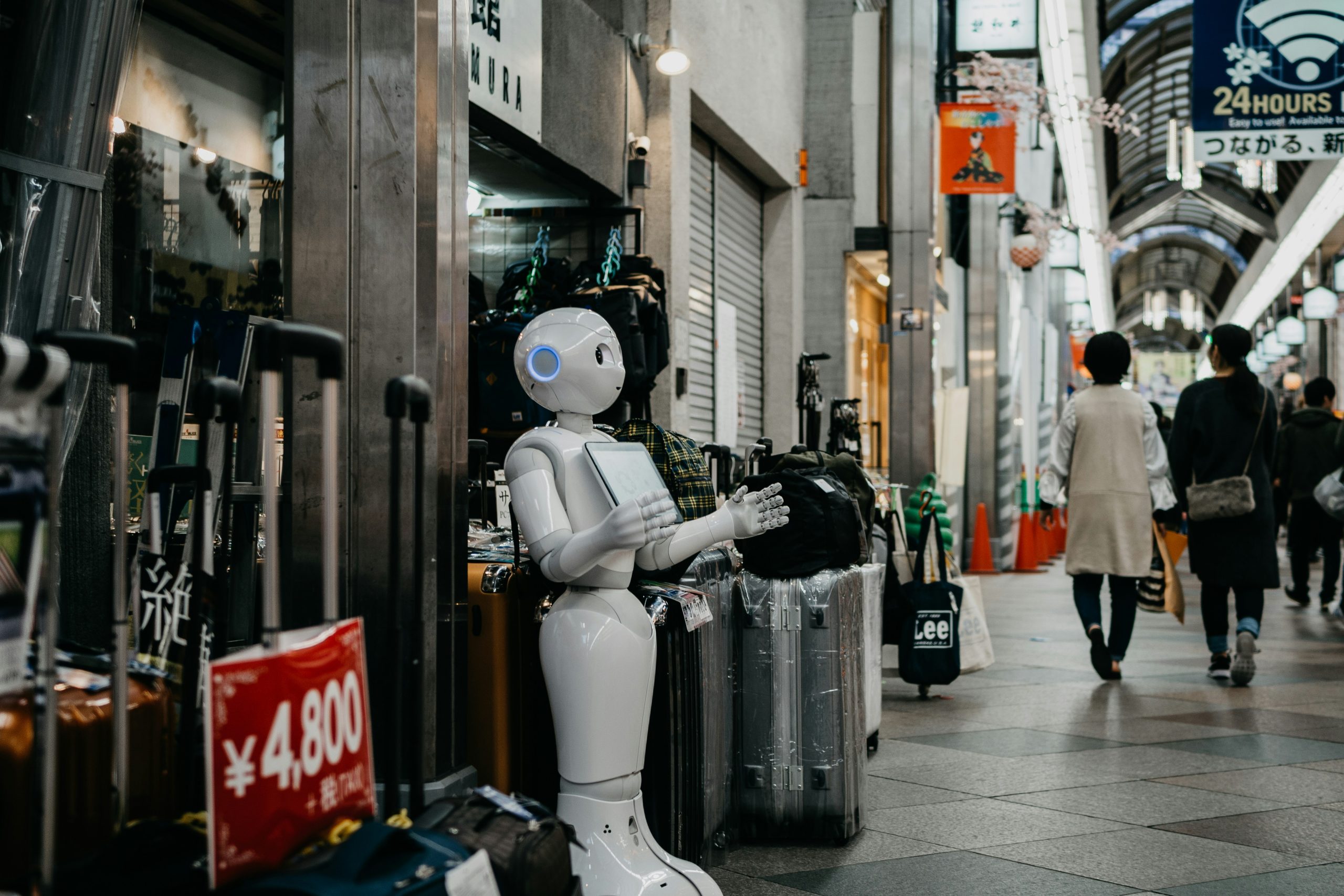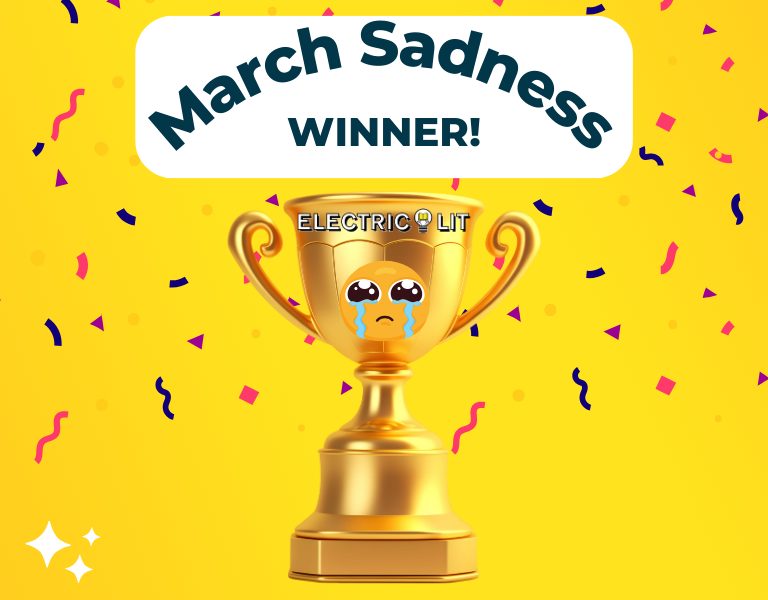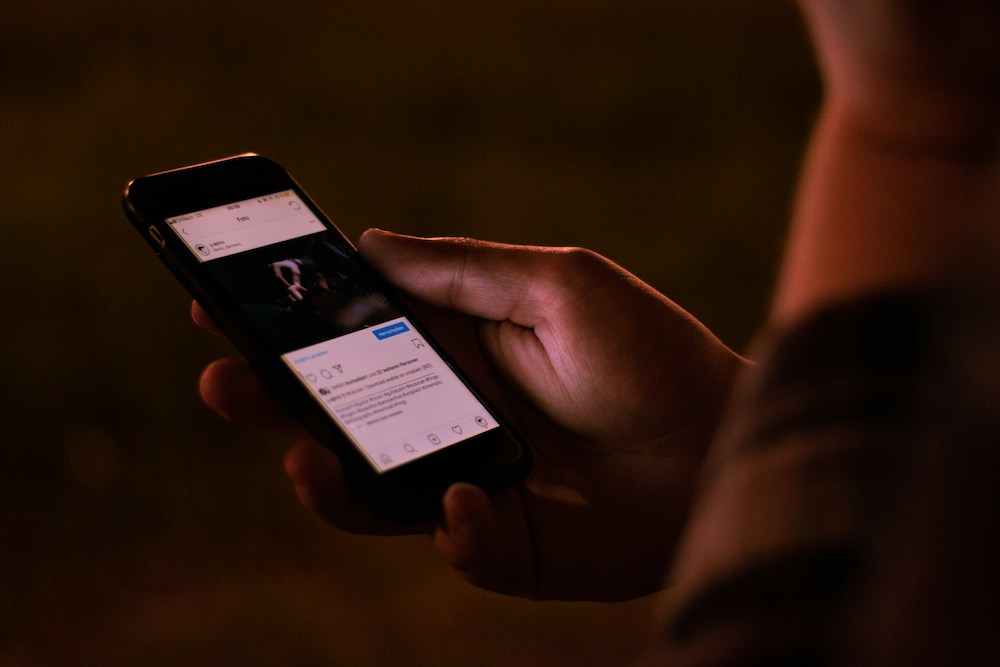interviews
Lauren Oyler’s Narrator Is Unreliable, but So Are All of Us Online
The author of "Fake Accounts" on the performative autofiction we're all spinning every day
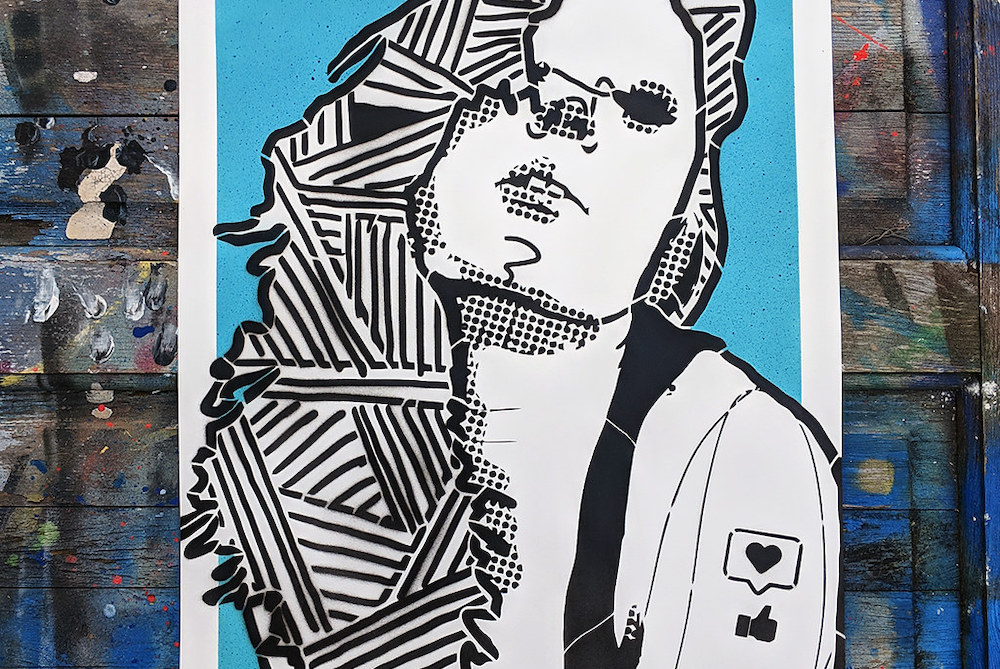
Lauren Oyler’s debut novel brings the reader down a rabbit hole of endless, mindless scrolling, online identities, and conspiracy theories.
Fake Accounts follows the journey of a young woman after she discovers that her boyfriend is running an Instagram account spouting dangerous conspiracies that may or may not have contributed to the election of a dangerous president. Following her disturbing discovery, she moves to Berlin and sets up an account on a dating app, telling her story through a popular contemporary literary structure that she despises but admits is difficult to execute.
In this dark and satirical—at times hilarious—novel, Oyler masterfully describes the feelings that can arise from using social media; from dueling personal identities to screen addiction.
I spoke with Oyler about performative online presences, and what it’s like as a book reviewer to read reviews on your own work.
Frances Yackel: Speaking directly to the reader, you mention that the novel is semi-autobiographical. How did the idea for your novel originate?
Lauren Oyler: It’s more that the character is a version of me projected, it’s not that anything in the book happened to me necessarily. I don’t have any ex-boyfriends who were conspiracy theorists, for the record. But I got the idea in two ways: I really wanted to write a novel about social media and I really wanted to do a social novel, sort of like a dark comedy of manners, about what goes on with social media. Also, my boyfriend at the time, at the end of 2016, wrote an article about Instagram conspiracy theory accounts. And the thing that fascinated me about them was if they actually believe this stuff or were they just doing it for attention. Were they posting to get paid attention to? We couldn’t really figure it out because their motives were just totally inscrutable, and it was unclear just how much of it was serious. And that was an extreme version of what happens online. People are constantly making really dramatic declarations on social media and it’s very difficult to determine how serious they are and if they really believe what they’re saying.
There is a tendency to say that a semi-autobiographical narrator must share all the same feelings and I think that’s not true. My experience writing this was very fun because if I’m writing non-fiction, I really have to think about the things I’m saying and determine if they are actually true, and if they hold water. But when you’re writing a character who’s thinking a lot, you can stick with your extreme impulse and just move on. This is illustrated when she’s at her job as a blogger and she’s saying that she’s the only person in the office who knows how to use a semicolon. I worked at Vice, the office in the novel is sort of based on Vice but I imagine it’s a combination of all the websites that are like that. The character says “I am the only person that knows how to use a semicolon.” That is a feeling that I have had at Vice, at times, but it is not literally true, obviously. So, if I were to say that, it would be mean, because there are people who work at Vice who know how to use semicolons. However, the number is much lower than it should be in my view. It’s sort of fun because you can get into the character and do the persona and I think that fiction is a healthy version of persona construction that goes terribly wrong on the internet.
FY: By depicting a narrator—particularly a narrator admittedly aware of her audience—who engages so thoroughly with alter egos, you introduce the possibility of an unreliable narrator. Why did you decide to use an unreliable narrator and where do you see this fitting into the unreliable narrator pantheon?
LO: I wanted the point to ultimately be made that there is a sense that a lot of the things she does in her life have no reason and she’s lacking any kind of structure. So she’s constantly throwing things at the wall, trying to see if they work. And it doesn’t really matter what she does, and so I think that the unreliable narrator ties into that by emphasizing that she is just one person, if she’s lying to all these people, it doesn’t really matter—which is sad, and I think that that is what is so alienating about life now, and particularly life online. You’re watching this unreliability take place all the time, and nobody really cares. Somebody can blatantly lie online and people would just let it happen, unless it has to do with a certain type of politics. But often, you’re surrounded by people all the time and you’re just sort of ignored.
I was interested in doing a character who is constructed through her voice and through your relationship with her rather than anything that she is telling you. So that the content of what she’s saying, sometimes it matters and her approach to things is straightforward, but you can’t make assumptions about her based on her background and her childhood and her relationship with her parents and things like that.
FY: I like what you said about how what we say doesn’t matter, especially because we’re usually hiding behind a screen. By using dating apps, she ends up having to talk to these people face-to-face and she has to face the consequences. But then again, there really aren’t any because she can leave them after the date and never see them again.
Somebody can blatantly lie online and people would just let it happen.
LO: Yeah, I think she has these fantasies of them realizing what she’s done and finding her out, but they never come to fruition because everyone just thinks she’s bizarre and never talks to her again. Which is probably what we would do if we were faced with someone who was acting weirdly towards us on a date, but not in any kind of extreme way. Hopefully, it’s representing this absurd chaos, that’s also very banal, that’s around us all the time. You know, it’s very hard to make a dent.
FY: The narrator admits to wanting to be plagiarized in order to feel like her writing is being seen and has made a lasting effect, but when it actually happens she is humiliated. Plagiarism plays an interesting role in the novel as a whole, as the narrator adopts entire backstories other than her own. Do you believe that imitation is a form of flattery?
LO: Sure, I do believe it. And I think, too, for the part where she imagines, or wishes someone would plagiarize her, she understands that that’s not going to give her anything. It’s not going to be satisfying in the way that she hopes because, as I see it, it’s a fantasy of being victimized. A fantasy of being put into a situation in which she is unobjectionably good, because if she’s been plagiarized, she’s been wronged. I think that that relates to how she feels about Felix when she realizes that he’s been doing his conspiracy theory accounts, and she thinks “I’m the good one now, I win this interaction. It’s not a difficult interaction anymore. The roles can’t be reversed.” And so, I think when you have lots of mimicry going on, it becomes increasingly difficult to determine who is in the wrong and who is in the right and what are your motives. That’s how I see the plagiarism elements relating to the novel as a whole. In terms of whether it’s flattery, I mean sure, but it’s also kind of cheap.
FY: This novel is a frightening reminder of the vastly different ways that people use, and abuse, social media; and that an online presence could be (and usually is) nothing like the person behind the profile. Do you think that there is such a thing as an authentic way to engage with Twitter, Facebook, Instagram, etc? Is engaging with these applications necessarily a performance?
The internet just makes very explicit all of these terrible impulses that we have.
LO: I think you can go into it with more good faith than the narrator does, and I think that it depends on what you’re like. If you’re someone that doesn’t question things then you’re probably going to the Women’s March super authentically and you’re like “Oh I had a great time” and you’re not really thinking about it. But I think for someone like me, the authentic portrayal is this sort of hyper-analytical, hyper-critical, parsing things from all sides style that if I didn’t do that then I would feel like I was being dishonest in some way. And I think our trouble with authenticity, or our views of what authenticity, is that people think it means something specific rather than that it’s a frame or structure. They think that if you have a tearful confession or an epiphany, like one of these ten epiphanies that we are used to seeing people in movies have, then that’s real authenticity or vulnerability but if I’m being mean, and I’m saying something that I think is really true, then why isn’t that as authentic as me crying about… whatever.
FY: You write, on dating apps:
“Even the come-ons were illusory, inspired by my virtual persona and not myself, which rendered the paranoid analysis initiated by each private message even more ridiculous, a whole person analyzing a composite’s response to a composite.”
I think this describes how we engage on social media in general, not just dating apps. This is essentially what we do with social media, we interact with curated versions of other people. But then, in your novel, she goes on to show a composite of an imagined person when she meets up with these men in person, breaking down the barriers between social media and real life. In a way, your novel illustrates that we can create a “fake account” of ourselves in person just as easily as on the internet. The boundary between our online self and our in-person self can be dissolved.
LO: I think so too. And I think that when people hear that the internet is involved, they think that it must be trolling. There’s this rush to compartmentalize the internet as only an internet thing, because the internet just makes very explicit all of these terrible impulses that we have. Certainly, if you develop the things that you care about online, you’re obviously not going to just turn them off when your phone isn’t on. I think there is this wishful thinking, this “I’ll pretend I do not see it” attitude towards social media even though it clearly has all these ramifications in the “real world” all the time.
There are all these interesting things that happen, your physical self interacting with your virtual self, right? You’re having all these conversations all the time. Like “I sound really stupid when I look at my tweets. But when I write them, they seem really funny. I have this sort of burst of emotion that is aided by the ephemerality of it.” But then when you go back and read them you’re like “this totally doesn’t work.” I think the book is full of lots of these moments where you’re seeing your virtual doppelganger in different ways and it’s kind of disturbing. Cause you made it, you know? You have no one to blame but yourself.
FY: The feeling I got while reading the passages in which the narrator goes down the rabbit hole of addictive social applications and endless internet meandering was unsettlingly familiar to the feeling I get when I scroll through my own applications (including dating apps). How has your relationship with social media or your phone evolved since writing about them so intently?
The thing that I don’t like is people taking the bait and painting me as a negative critic and then reading into that in the book.
LO: It hasn’t changed that much. I really resist learning lessons and growth, so it would be hypocritical if I learned anything about it. I do get the sense when I’m critiquing something that I overcome my obsession with it, so I do think I have this sort of distance from social media and I think—even though I’ve become more public and more people are talking about me—I can look at that much more as a sort of sociological phenomenon that I find very interesting. So, in that sense maybe I have become a little bit more healthy about it.
FY: I think if I had just written a book about social media, I would have to take a break from it after.
LO: I want to, I think when I’m done with my publicity, I will probably get off it. Cause I find it really boring and luckily I’m also bored of reading the reviews too. I already know what the book is about, I don’t need to hear your thoughts about it anymore.
FY: Do you think being a book reviewer yourself has any impact on the way you experience book reviews as an author?
LO: I think I have a much more measured approach, I’m much more prepared. Especially because I write negative reviews sometimes. The thing that I don’t like is people taking the bait and painting me as a negative critic and then reading into that in the book. Of course, you’re supposed to do some of that but also when I review books, I try to look at them really holistically and see what the author is doing.





